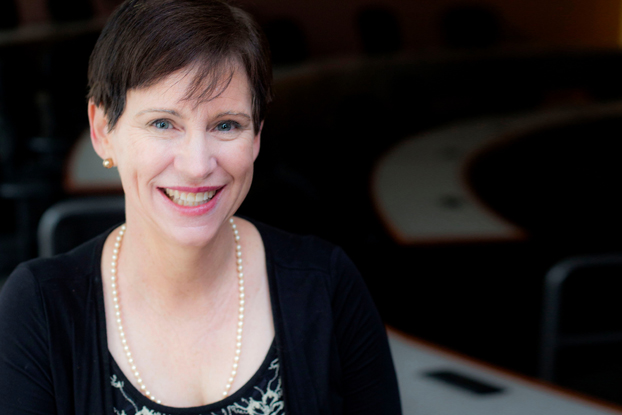
Some pundits say 2012 may be a watershed year for the accounting industry because of convergence, or the merger of U.S. based accounting standards (Generally Accepted Accounting Standards) with IFRS, or International Financial Reporting Standards that are used by some other nations, but not all of them.
Proponents of the long-planned, but oft-delayed move say developing global standards would make it easier for investors and other parties to compare cross-border financial statements and could, in the long run, save money since multinational companies would no longer have to present their financial reports in multiple formats.
But Gregory Waymire, Asa Griggs Candler Professor of Accounting at Emory University’s Goizueta Business School, isn’t so certain about the benefits.
“A move to IFRS would be costly,” he notes. “Equally important, it would basically mean that the Securities and Exchange Commission [which has ultimate authority over the accounting industry] would have to cede its independence to a foreign institution, the International Accounting Standards Board.”
In fact, it’s not as if the U.S. was the lone holdout against an otherwise global standard, Waymire adds.
“The reality is that there is no identical standard throughout the rest of the world,” he says. “So a merger between GAAP and IFRS would not really be a panacea,” or a global standard.
For it to really be meaningful, all the other countries would have to adopt the standard too, he notes.
Waymire is currently focusing on a different kind of accounting issue.
“I’m currently involved in an experimental project that addresses deception and dishonesty in corporate disclosure,” he explains. “We’re looking at the social loss that results from manipulated disclosure and other deception.”
A December 2011 paper, Language, Deception, and Social Loss in an Investment/Trust Game, submitted by Waymire and coauthors John W. Dickhaut, Radhika Lunawat, and Baohua Xin, found that although “cheaters” in an investment/trust game experiment breached contracts and tried to conceal the breach through a variety of actions, the cheaters’ own activity reduced the private gains they extracted.
“Cheating does have consequences for the distribution of wealth, but these private losses are modest since cheaters must sustain a minimum level of trust for their trading partners to continue interaction,” Waymire and his co-authors concluded. “The main implication of our evidence is that communication between self-interested parties is a powerful force in achieving gains from interaction in part because cheaters balance personal gains from deception and information manipulation against the need to sustain the trust that generates ongoing benefits from economic interaction.”
In an attempt to reduce accounting improprieties like the ones that occurred in the Enron scandal, the SEC has adopted transparency and other regulations governing issues that range from financial reporting to “swap” trading tools like derivatives, notes Waymire
“But the fact is that financial derivatives can generate economic benefits,” Waymire says. “When authorities write rules to regulate them, other specialists will usually find a way to circumvent them. So when you try to exercise control over a person, their behavior is likely to change, but it won’t always change in the way you wanted.”
ABOUT THE EXPERT
Gregory Waymire is the Asa Griggs Candler Professor of Accounting at the Goizueta Business School at Emory University. He has been a member of the Goizueta faculty since 1990. He previously served as President of the Financial Accounting and Reporting Section and Vice-President of Research for the American Accounting Association. Waymire is currently President of the American Accounting Association.










